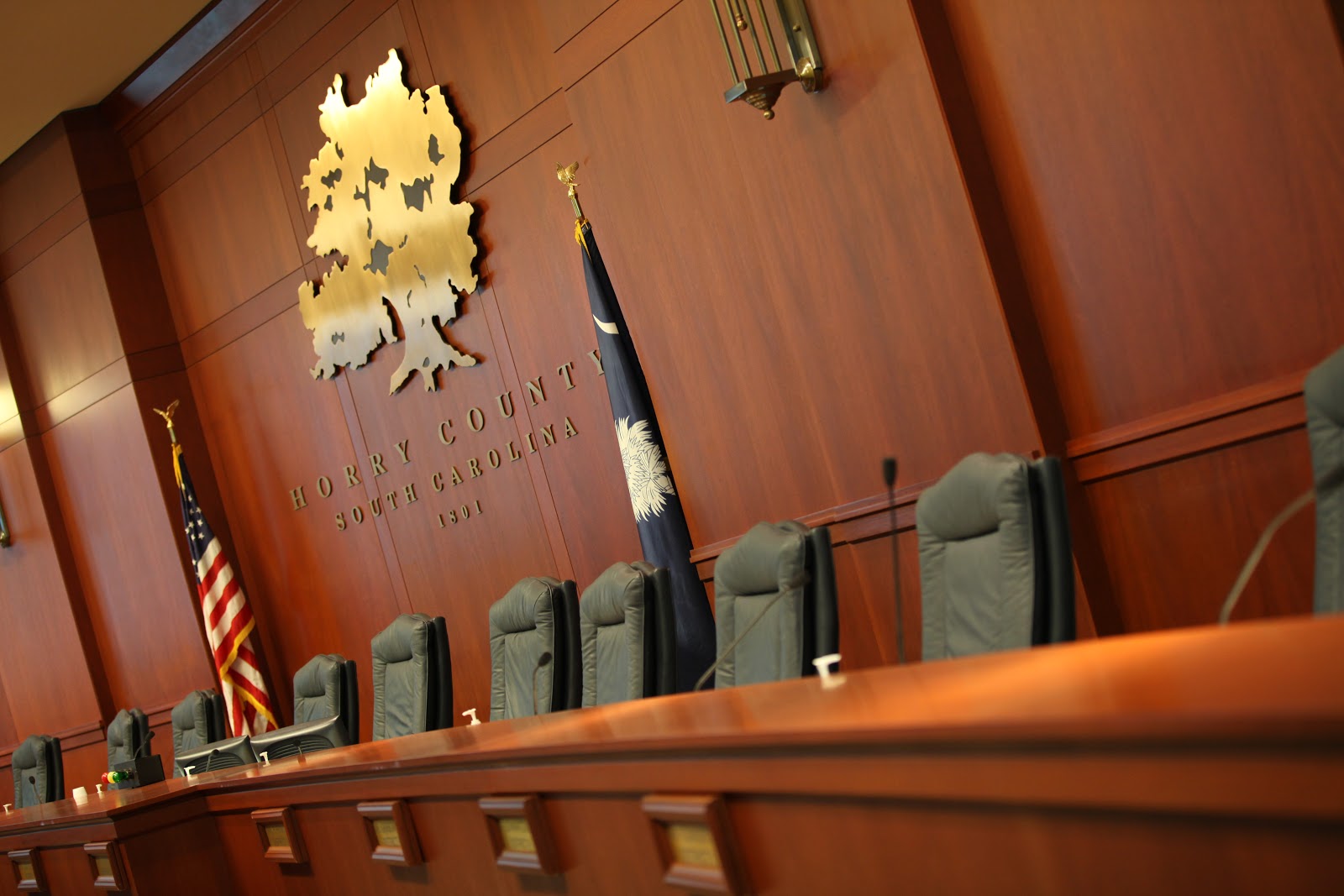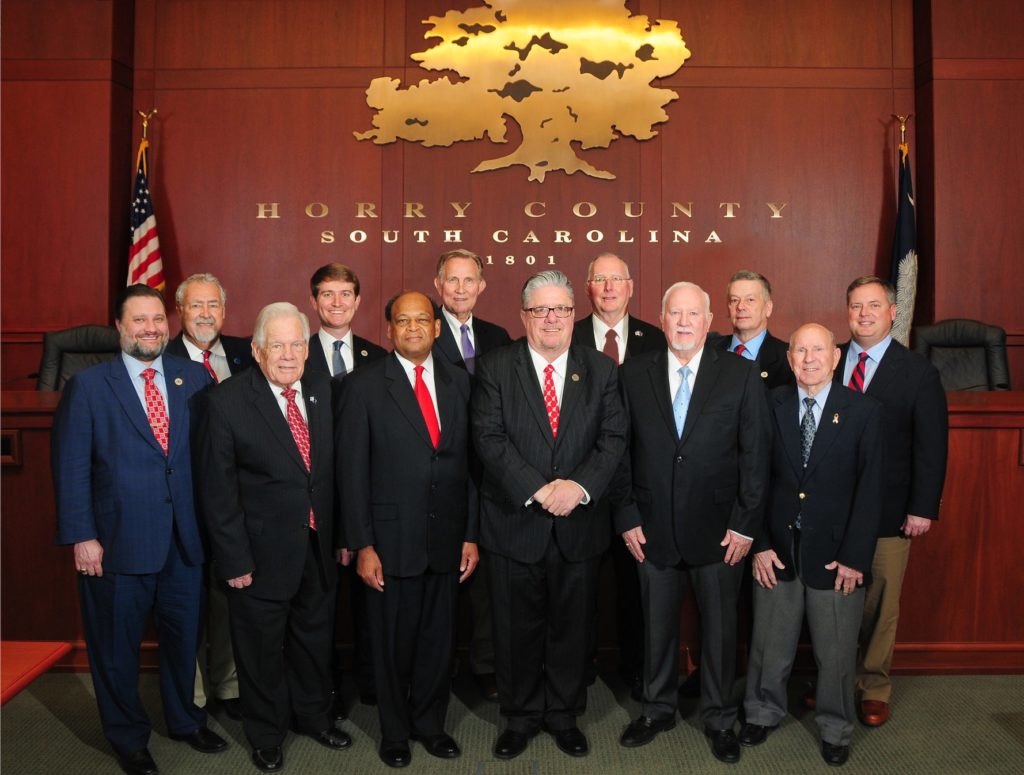You’ve got to watch government like a hawk at all times … but especially during times of crisis. And especially if you live in the state of South Carolina – where institutional integrity has always been the exception rather than the rule.
Certainly, the coronavirus pandemic we are all confronting right now – and the economic fallout that has ensued from our nation’s response (over-response?) to it – constitutes a defining national event. And in such times, we acknowledge government must play an expanded role on multiple fronts.
But in acknowledging this expanded role – and striving to hold government accountable for its interventions – we cannot neglect our commitment to the core principles that have sustained (and will hopefully continue to sustain) our nation.
On the individual level we refer to life and liberty. On the societal level we refer to freedom and free markets. And when it comes to government’s efforts to balance those liberties and freedoms, we refer to equality, transparency, efficiency and accountability.
On the liberty side these are always balancing acts … and maintaining the proper balance grows trickier during times of crisis.
But core principles still matter … no matter the circumstances.
We were pleased to see the office of S.C. attorney general Alan Wilson stand up for some of these core principles last week … and we were equally pleased to see certain municipal leaders acknowledge he was correct in doing so.
That is a perfect example of leaders striking the proper balance …
We were incredibly disappointed, however, to see an article in My Horry News by Charles Perry describing the extent to which ethically challenged leaders in Horry county were flouting the state’s open meetings law in approving local ordinances to respond to the coronavirus pandemic.
According to Perry’s article, Horry county has repeatedly “approved coronavirus response policies without allowing the public to listen to the discussions.” Similar anti-transparent deliberations/ decisions were conducted by the city of North Myrtle Beach, S.C.
In the case of Horry county, Perry said its leaders specifically “said a reporter could not listen to the discussion.”
Wait … what?
Sadly, such blatantly illegal secrecy is nothing new for this scandal-scarred county. Nor is it anything new for the local governments residing within its borders.
“Horry County has a consistent record of disregard for open government,” noted Jay Bender, a Columbia, S.C.-based attorney who has fought for years on behalf of transparent, accessible government in the Palmetto State.
Is Bender correct? Absolutely …
The current leadership of Horry county has repeatedly engaged in this sort of anti-transparent chicanery under council chairman Johnny Gardner, who entered office amid allegations of an extortion plot against local “economic development” officials.
(Click to view)
(Via: Horry County, S.C.)
Gardner managed to avoid (ahem) criminal charges in connection with these allegations, but in the intervening year he has done absolutely nothing to disperse the clouds that hang over his government. If anything, Gardner has continued to demonstrate a shameful contempt for transparency.
That isn’t just unfortunate, it is illegal.
South Carolina law (§ 30-4-80) regarding government meetings during states of emergency is clear: The state and its political subdivisions are allowed to waive the required 24-hour notice for public meetings, but they cannot exclude the public from participating.
Or as Bender explained to Perry, “(n)othing in the law allows the meeting to be held in the absence of either notice or attendance by the public.”
“Notice must be given as soon as is practicable, and the meeting must be convened in public,” Bender told Perry.
Also, any ordinances passed during extra-legal meetings could face credible challenges in court (if a public meeting was held illegally, actions taken during that meeting are legally suspect).
“Courts have struck down actions taken at meetings for which inadequate notice was given,” Bender told this news outlet on Sunday. “No notice would strike me as always inadequate.”
We concur …
Worth noting? Horry county has the technology to broadcast its public meetings online, according to Perry. In fact, the county used this technology to broadcast a planning commission meeting the day before its secret council confab.
So Gardner and his cronies have no excuse not to open up their deliberations …
Stay tuned … this news outlet will continue to keep its eyes peeled for similar anti-transparent behavior by other governments in the Palmetto State during this time of crisis. Also, looking to the future, we will continue to push for expanded transparency within public meetings – including the rampant abuse of so-called “executive session” privileges.
-FITNews
This news outlet is committed to giving our readers the very latest, most relevant information we have regarding this unfolding global story – and all the stories we cover. To check out more of our coronavirus coverage, click on the link below …
***
WANNA SOUND OFF?
Got something you’d like to say in response to one of our articles? Or an issue you’d like to address proactively? We have an open microphone policy! Submit your letter to the editor (or guest column) via email HERE. Got a tip for a story? CLICK HERE. Got a technical question or a glitch to report? CLICK HERE.



